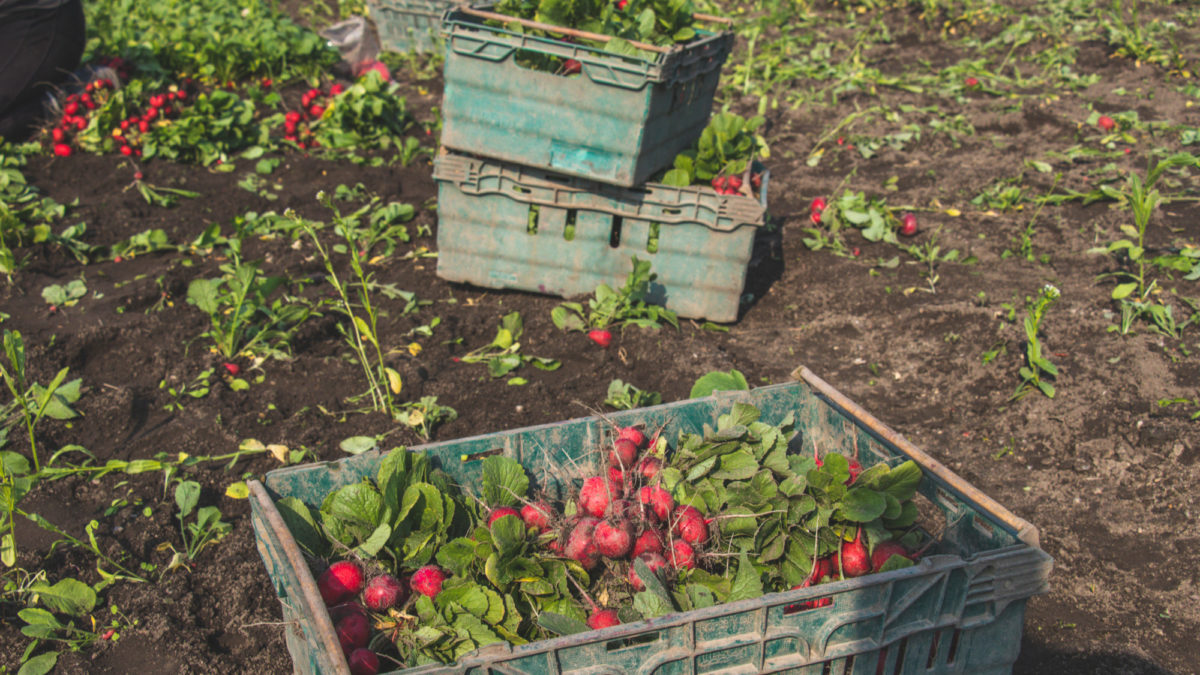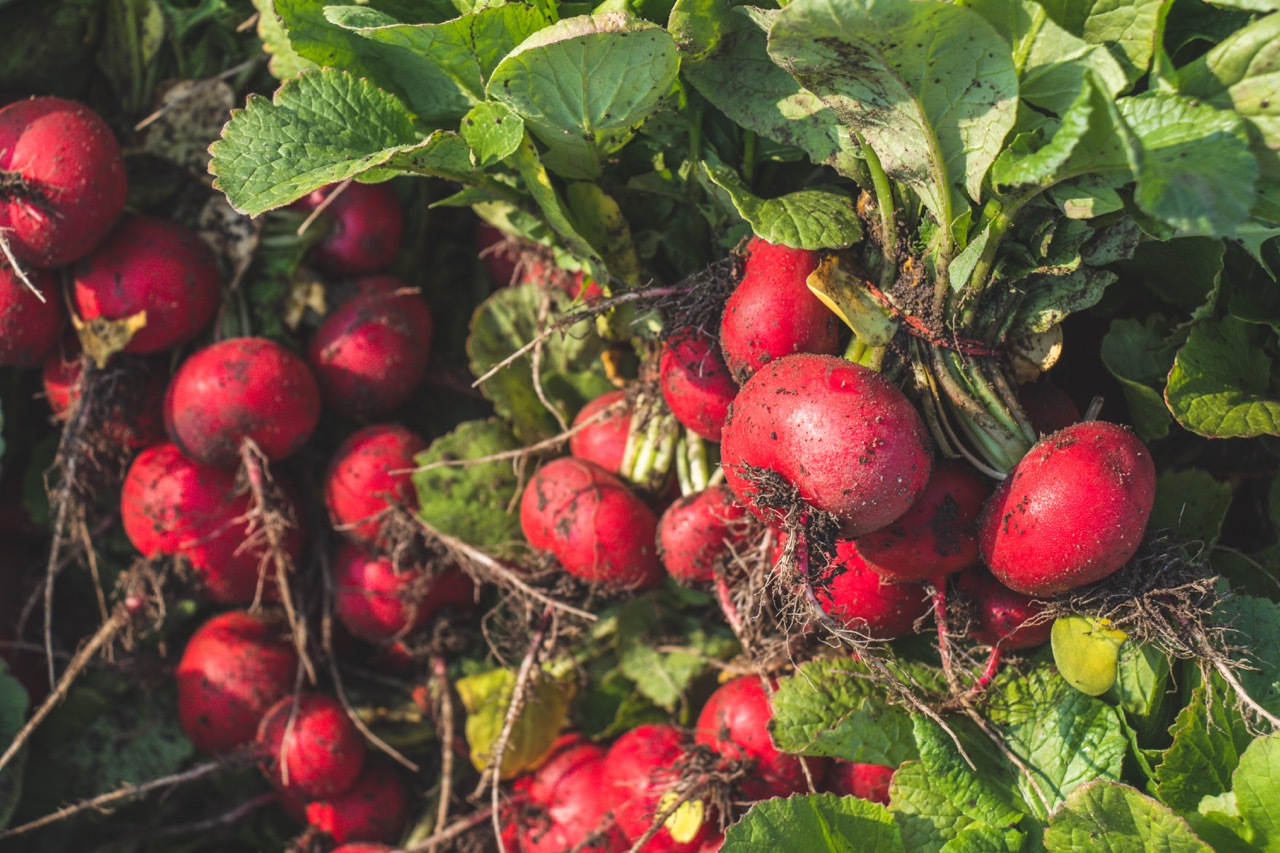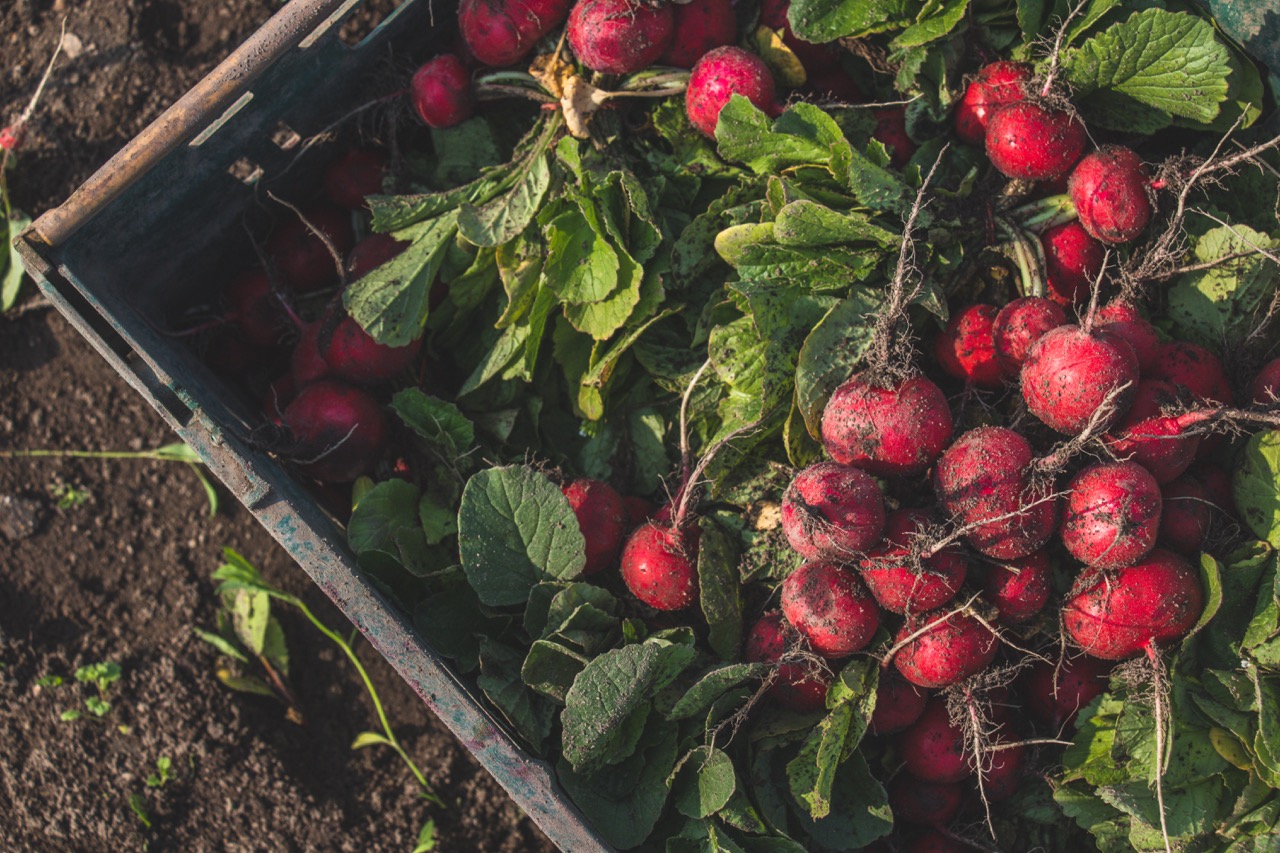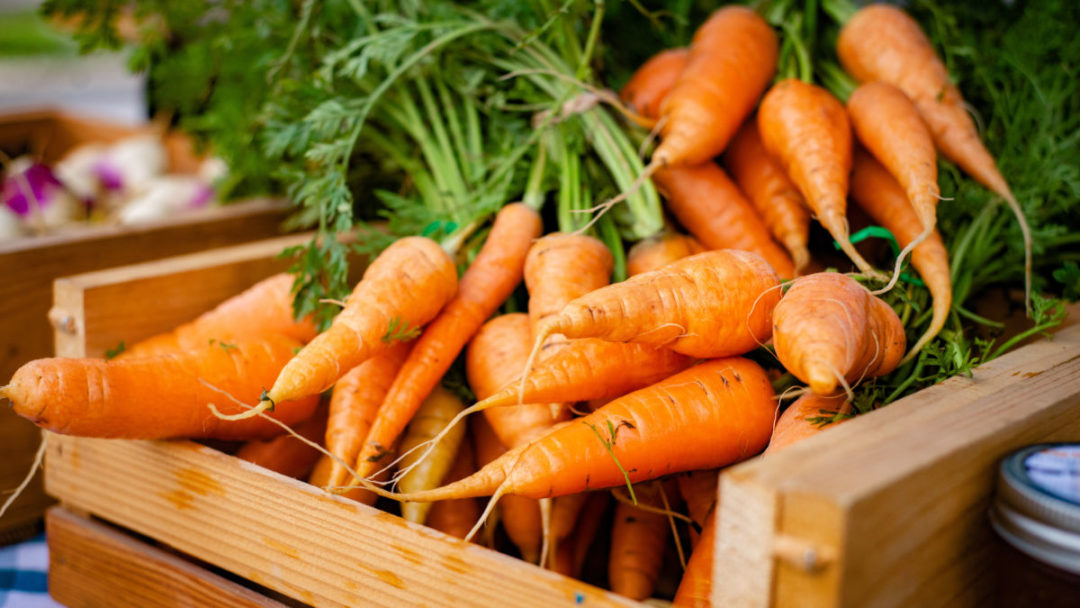Radishes contain a high amount of vitamin C, an important antioxidant for boosting immunity and protecting cells. They are also rich in vitamin K, essential for blood clotting and bone health, B vitamins, and minerals such as potassium, magnesium, and phosphorus.

The fiber contained in radishes supports digestion and intestinal peristalsis, helping to prevent constipation and promoting the health of the intestinal microflora. Thanks to their diuretic properties, radishes support the excretion of toxins from the body and thus help detoxify the body.
Radishes also contain substances with anti-inflammatory effects, which can help alleviate inflammatory processes in the body. Vitamin C and antioxidants contained in radishes support skin health and protect it from damage by free radicals.

Use in the Kitchen
Radishes are suitable for raw dishes, whether in salads, vegetable sides, dips, or just for snacking. However, we can also cook them, stew, grill, bake in the oven, or add them to soups and sauces. Radishes add a kick to ordinary dishes, such as cottage cheese spreads, egg dishes, or sandwiches. From radish leaves, we can prepare pesto, add them to salads, or cook them like spinach.
When choosing radishes, prefer firm and undamaged pieces with a bright red color. Store radishes in the refrigerator in a plastic bag for a maximum of 3-4 days. Wash them thoroughly before consumption. For a spicier taste, let the radishes marinate in a vinegar-oil dressing.











